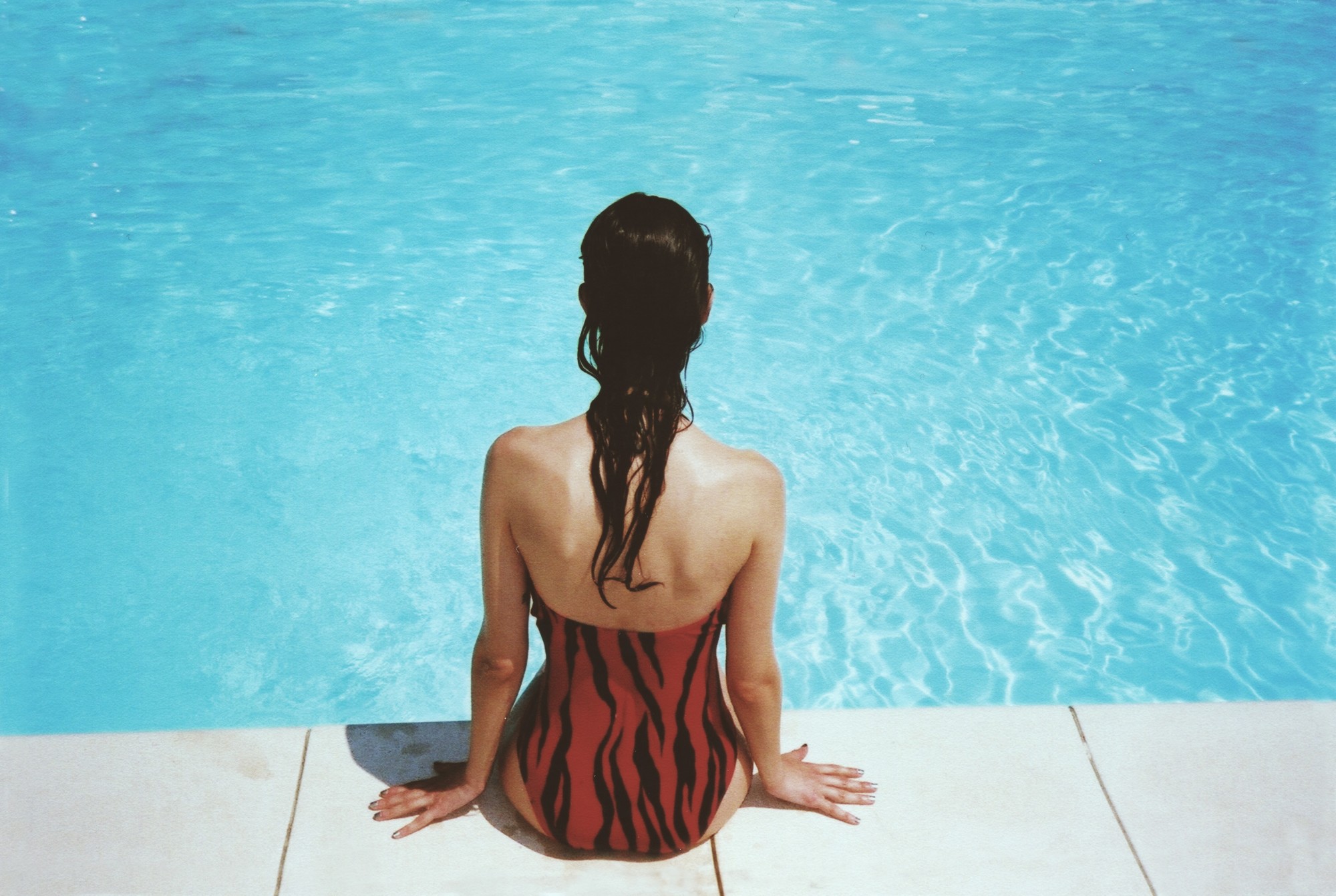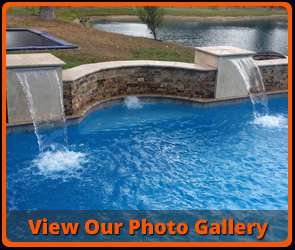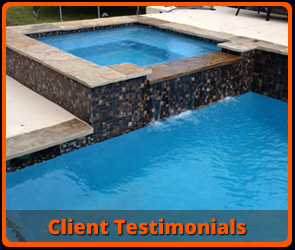How awesome does it feel that you’ll finally get that pool your kids have been dying to have? And there is no denying it-you’re looking forward to it too. The one thing you must understand is that there is so much more to it than just picking a pretty picture on Pinterest.
To begin with, buying a swimming pool is a significant investment, and you need to do your homework before you start making decisions. There are numerous considerations you need to make. Do you want an inground or above ground pool? Do you want concrete or fiberglass? Would you like for it to be painted or tiled? How much can you afford?
We’ll be looking at all these, and many more to help you make an informed decision and build a swimming pool you will love for years to come.
1. First Things First: Why Do You Want a Pool Anyway?
Start with the reasons why you want to buy a swimming pool. The answer to this question will help you determine the best size, shape, depth, and construction type. Are you looking to buy a swimming pool for relaxation, recreational, or laps purposes? Do you have children?
Maybe you want a heated pool? Perhaps you just want to enhance your view or make the pool a focal point for your yard. Regardless, will it be useful enough to justify the expense?
2. Can Your Site Take It?
Professional swimming pool contractors could build a pool on any site. However, they are much easier and cheaper to build on a level site. The sloppier the area is, the higher the costs of a swimming pool installation. Additionally, unstable, rocky, or sandy soil makes the process a bit tricky, and so does a high water table.
Of course, the size of your location will also determine the shape, size, and design of the pool. Urban sites are bound to have strict rules, especially when it comes to boundaries. Consider shades from neighboring trees or building before choosing a location for your pool.
3. What Materials to Choose
Two of the most popular swimming pool materials are fiberglass and concrete. Most people still feel that concrete swimming pools reinforced with steel are not just the strongest, but the most durable. However, with the advancement of technology, fiberglass has become a serious contender with increased strength and durability.
Concrete swimming pool installation could take as long as three months, even with concrete spray techniques. On the other hand, fiberglass insulation could take a few days to complete. If built in bad weather, concrete could pose a problem as it’s porous and prone to mold.
Still, concrete has better flexibility when it comes to depth, shape, and even size. Concrete will give you an infinity entry should you wish so, and you have a wide range of interior finishing to choose from. You could have pebbles, paint, vinyl, marble plaster, quartz, or tiles.
Fiberglass pools are easier to install as they come pre-molded, and you’ll have fewer issues with calcium buildup and chemical imbalances.
4. How Deep You’ll Have to Dig Into Your Pockets
The price of buying a swimming pool will depend on a lot of things. In general, concrete pools are much more expensive compared to fiberglass pools. The reason for this is that most concrete pools have customized shapes and sizes. Of course, there are several other swimming pool installation expenses you need to factor in.
Consider the decking, covers, heating system, and landscaping. The pool lining will be among the most costly parts that need to be maintained. Concrete pools could require an acid wash, replastering, or resurfacing after a couple of years. A vinyl-lined pool could puncture, but fiberglass is low maintenance.
5. Above Ground or Inground
Whether inground or above ground could be a decision out of personal preference, but it’ll undoubtedly alter the budget. Inground pools always feel more permanent compared to above ground pools, but soil excavation will be costly.
6. The Contractors
You need professional swimming pool contractors to do a perfect job for you without exaggerating the budget. Ask for referrals and recommendations from family or colleagues. You can also check on the internet where you’ll find hundreds of swimming pool professionals.
7. What Do You Intend to Have Around the Pool?
You must factor in paving, fencing, and landscaping, which could cost you as much as the swimming pool. When choosing amongst pavers, stone, or timber, the most important things to consider are maintenance and slip-resistance.
8. Alternatives to Chemical Cleanings
You may have heard of natural pools, and if you don’t like the idea of dealing with pool chemicals, this can be an excellent idea. These pools need to be inground, and even though they are lined, they depend on natural processes such as plants to filter and keep clean. You will have a natural look in your home.
9. Fence Laws
All states require swimming pools to have a fence. Of course, different states could have different laws and regulations, so you need to find out what the requirements are in your state.
10. Asking the Right Questions
There are many questions to ask before installing a swimming pool, and the worst mistake you could make is assuming every contractor you find can pull it off. Try to understand the poll construction process to make informed decisions.
Learn as much as you can about the kind of pool you want then ensure the contractor is licensed and insured before hiring them.
Have they successfully done projects similar to yours before? How much time will it take? How do they settle disputes?
Buying a Swimming Pool: Taking It Away
These are 10 of the most important considerations you need to make when buying a swimming pool. Depending on the experts you hire, you’re bound to unravel more information that will help you make better decisions and have a seamless swimming pool installation.
If you have any questions or would like to hire professional swimming pool contractors, check out our website or give us a call and we’ll assist you.




